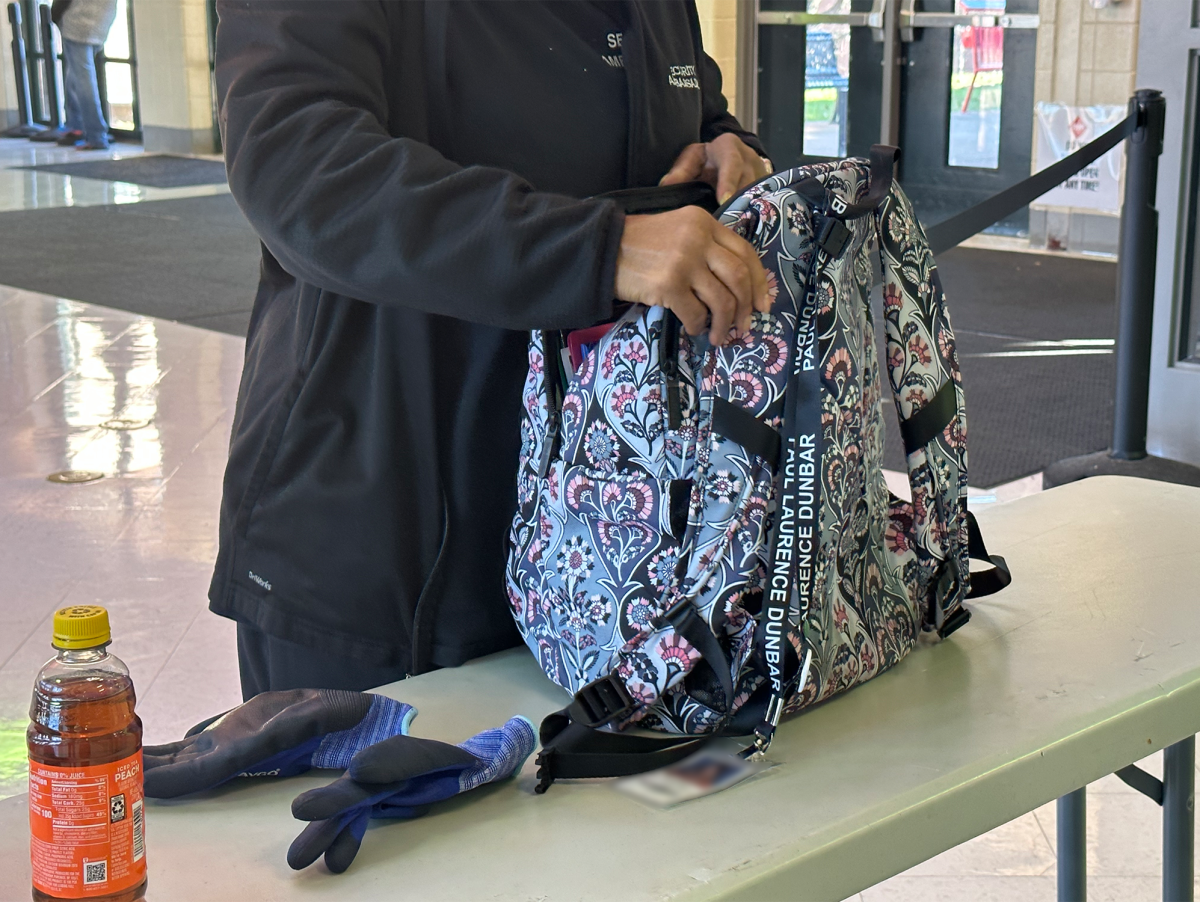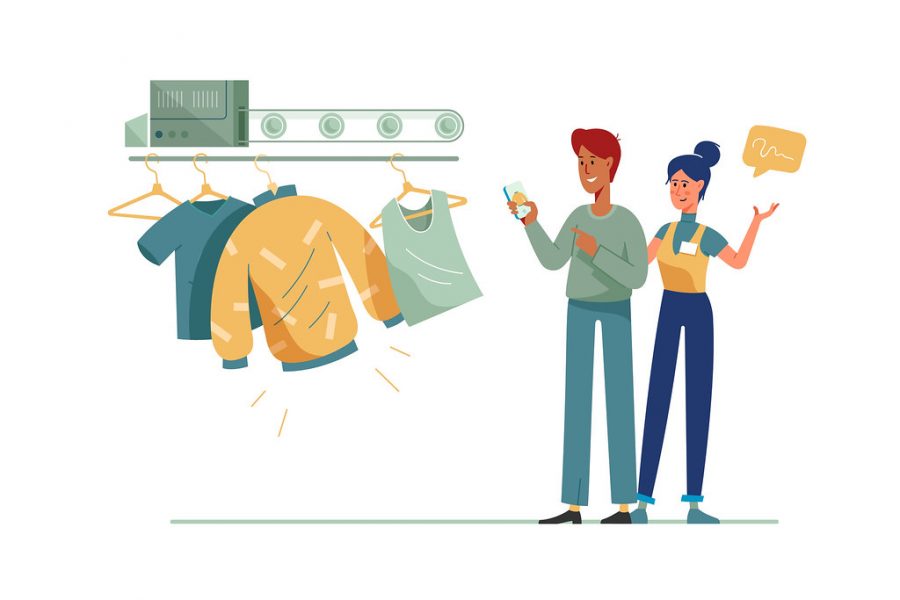The Environmental Impacts of Online Shopping
Our planet is at risk because of our carefree buying habits
Shopping online has become a go to option for people to get the products they need,
Amidst the global pandemic, online shopping has become a go-to for buying the products we need with a simple click, and most importantly, safely without worry of exposure to the novel coronavirus. In the United States, it’s cheap and efficient, yet the immense environmental impacts of our online shopping sprees could hurt us more than we believe.
Huge corporations, like Amazon, Target, and Best Buy have recently seen a boom in business, as people attempt to buy products while remaining socially distanced; however, this comes with tons of excess waste, and landfills are filling up with every package we receive.
The cardboard and plastics used to pack these orders are the main culprits. Not only due to us throwing them away into the garbage, but also because of our increased rates of returns.
A recent report stated that each year in the United States alone, 5 billion pounds of waste from returns end up in landfills. This mass amount of waste is not where our negative impact stops, since in the transportation of returns 15 million metric tons of carbon dioxide is emitted. That is equivalent to nearly 1.7 million gallons of gasoline being consumed, as estimated by the EPA.
“It won’t be easy to convince consumers or retailers to curb these practices,” according to Bloomberg writer Adam Minter. “The most obvious solution — a ban on free returns — would understandably meet stiff opposition.”
“For the community at PLD, I would hope that we are all starting to see the ramifications of our actions and we move to better our world.” — Mr. Matt Turner
A no-return policy has been seen as an attractive solution to our dilemma with package waste because it takes away the burden of shipping from a consumer’s home to warehouses that are a great distance away. Although this may not be a solution for every business, many think it’s a step in the right direction.
“I think a no-return policy is appropriate for certain items. Especially those of high environmental impact. It discourages care-free shopping and makes the consumer’s experience more thoughtful and deliberate,” AP Environmental Science teacher Mr. Matt Turner said.
Transportation is a massive contributing factor to greenhouse gas emissions. Online returns reinforce this since large trucks drive upwards of 1,000 miles from distribution centers and homes to follow through with returns. This goes for delivering orders too, and on top of that, delivery trucks are often not filled up completely to uphold same-day shipping policies.
The lack of mindfulness when it comes to the environment in the name of efficiency and business comes with a cost. With escalating threats of climate change, our planet is at risk of higher rates of drought, natural disasters like wildfires, and overall resource depletion.
This reality may seem crushing, but with just a little bit of care when it comes to what we buy and what we do, our planet will be in much better shape.
“For the community at PLD, I would hope that we are all starting to see the ramifications of our actions and we move to better our world,” Mr. Turner said. “While individual efforts don’t seem as impactful, recycling, composting, smart electricity use, biking/walking, and other small things all go a long way, and setting good habits will hopefully lead to a lifetime of stewardship for our planet.”

Hi! I’m Noor and this is my second year on staff as a senior. I work under the broadcast department as a media intern and staff reporter. I primarily...























